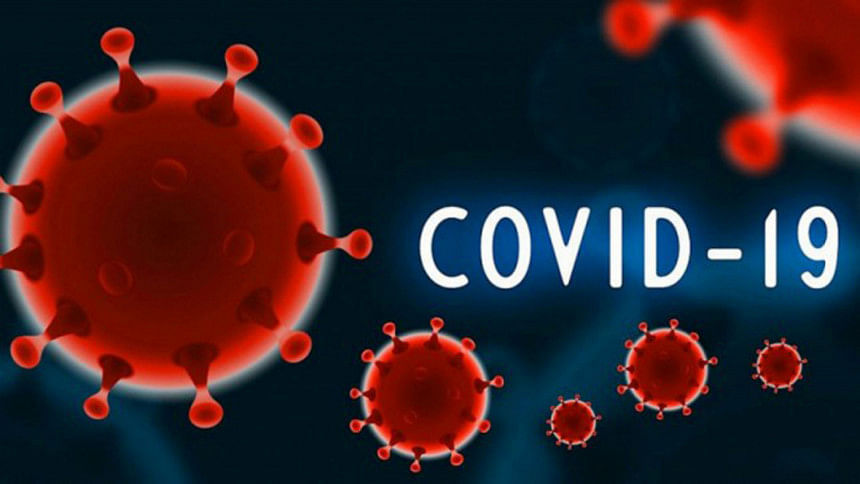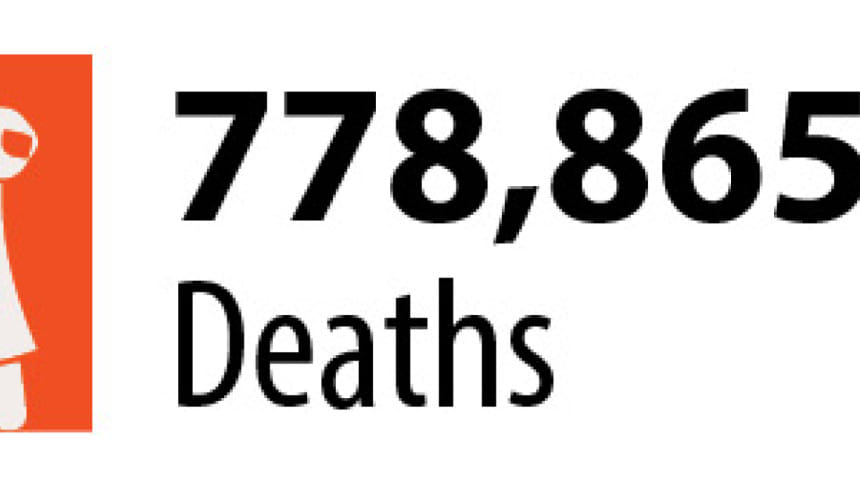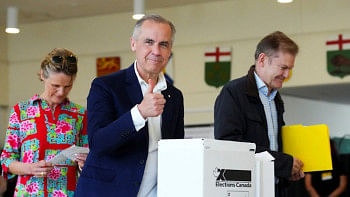Pandemic now driven by younger adults


The World Health Organization (WHO) said yesterday it was concerned that the novel coronavirus spread was being driven by people in their 20s, 30s and 40s, many of whom were unaware they were infected, posing a danger to vulnerable groups.
WHO officials said this month the proportion of younger people among those infected had risen globally, putting at risk vulnerable sectors of the population worldwide, including the elderly and sick people in densely populated areas with weak health services.
"The epidemic is changing," WHO Western Pacific regional director, Takeshi Kasai, told a virtual briefing. "People in their 20s, 30s and 40s are increasingly driving the spread. Many are unaware they are infected."
"This increases the risk of spillovers to the more vulnerable," he added.
A surge in new cases has prompted some countries to re-impose curbs as companies race to find a vaccine for a virus that has battered economies, killed more than 774,000 people and infected nearly 22 million, according to a Reuters tally.
Countries putting their own interests ahead of others in trying to ensure supplies of a possible vaccine are making the pandemic worse, WHO chief Tedros Adhanom Ghebreyesus said in Geneva yesterday.
"(Acting) strategically and globally is actually in each country's national interest - no one is safe until everyone is safe," he told a virtual briefing calling for an end to "vaccine nationalism".
Surges in infections have been reported in countries that had appeared to have the virus under control, including Vietnam, which until recently went three months without domestic transmission due to its aggressive mitigation efforts.
"What we are observing is not simply a resurgence. We believe it's a signal that we have entered a new phase of pandemic in the Asia-Pacific," Kasai said.
He said countries were better able to reduce disruption to lives and economies by combining early detection and response to manage infections.
While mutations had been observed, the WHO still saw the virus as "relatively stable", Kasai said.
WHO also reminded drugmakers to follow all necessary research and development steps when creating a vaccine.
Socorro Escalante, its technical officer and medicines policy adviser, said the WHO was coordinating with Russia, which this month became the first country to grant regulatory approval for a Covid-19 vaccine.
"We hope to get the response in terms of the evidence of this new vaccine," Escalante said.
TWO-PHASE ROLLOUT
Some 92 countries are signed up to COVAX -- an effort to pool the costs and rewards of finding, producing and distributing effective vaccines -- while a further 80 have expressed interest but are yet to come fully on board.
The WHO is looking for countries to signal a firm interest by August 31.
"The COVAX Global Vaccines Facility is the critical mechanism for joint procurement and pooling risk across multiple vaccines, which is why today I sent a letter to every member state encouraging them to join," Tedros said.
He specified that the allocation of vaccines would be rolled out in two phases.
In the first, doses would be allocated proportionally to all participating countries simultaneously, in order to reduce the overall global risk.
In the second phase, individual countries' threat and vulnerability level will come into play.
Tedros said front-line workers in health and social care settings would get first phase priority, "as they are essential to treat and protect the population, and come in close contact with high-mortality risk groups" he explained.
He said initial data showed that adults over 65 and those with particular pre-existing conditions were at the highest risk of dying from Covid-19.
"For most countries, a phase one allocation that builds up to 20 percent of the population would cover most of the at-risk groups," said Tedros.
"If we don't protect these highest risk people from the virus everywhere and at the same time, we can't stabilise health systems and rebuild the global economy."
NATIONS TIGHTEN CURBS
The French government warned yesterday that mask-wearing would soon be compulsory in all workplaces to keep the coronavirus under control, as countries across the world ramped up localised restrictions on nightlife and socialising.
South Korea's capital Seoul was the latest region to shut nightclubs and some types of restaurants and ban large gatherings, following similar moves in parts of Spain and Italy, reports AFP.
The Seoul cluster of a few hundred cases sprang up among a congregation of a Protestant church, but health official Kwon Jun-wook warned: "If the spread cannot be contained this week, daily life in the entire country may have to stop."
Russia's energy minister became the latest senior government official to contract the virus. Alexander Novak tested positive after arriving at a town near the Chinese border to open a petrochemical project.

 For all latest news, follow The Daily Star's Google News channel.
For all latest news, follow The Daily Star's Google News channel. 



Comments